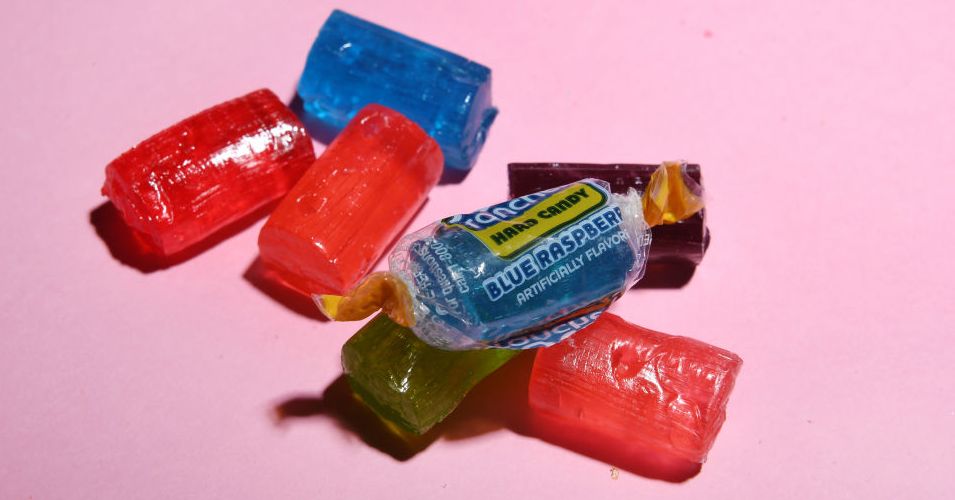Adopted in 1958, the GRAS exemption was intended to cover the use of commonplace ingredients, explains Jensen Jose, regulatory counsel for the nonprofit watchdog Center for Science in the Public Interest, based in Washington, DC. “It was so you wouldn’t require a new piece of legislation every time you added salt to a sandwich.”
However, as the food industry’s appetite for additives grew over the following decades, the GRAS rule came to cover a widening array of ingredients—with the manufacturers of these additives left effectively to govern themselves. “The hope is that they conduct scientific studies of their own,” says Jennifer Pomeranz, a public health lawyer and associate professor at New York University’s School of Global Public Health. “But legally speaking, no one’s checking.” In theory, Pomeranz says, “a company can add a new ingredient and not even list its chemical compound on the packet.”
The result is that a host of additives, recognized as safe under FDA regulations, are banned by other governments over safety fears. “Compounds are added to food for shelf life, aesthetics, and convenience,” says Lindsay Malone, a registered dietitian nutritionist and instructor in the Department of Nutrition at the School of Medicine at Case Western Reserve University. “Even down to how easily food comes out of the plastic container.”
Compounds that carry health risks line the shelves of US grocery stores, consumed by Americans every day. Take butylated hydroxytoluene (BHT), for example, a preservative that has been linked to hormone disruption. It’s often found in cereals, dried snacks, and packaged cake mixes. Meanwhile a packet of chewing gum, potato chips, or processed meat may include butylated hydroxyanisole (BHA), a probable carcinogen. Both are exempt from FDA regulations through the GRAS loophole.
In isolation, compounds like BHT, BHA, and MOAH aren’t necessarily dangerous. Public health advocates are more concerned about their cumulative effect—a lifetime of eating common, addictive, harmful compounds. Malone says a diet heavily consisting of ultra-processed foods—most likely to contain additives—can impact gut health. A disrupted microbiome is hypothesized to lead to increased gut permeability (also known as “leaky gut”), a proposed though unproven condition where pathogens and toxins are thought to leak into the bloodstream.
There has been some regulatory momentum in the US against harmful additives. In January, the FDA announced a nationwide ban on Red 3, the petroleum-derived food dye that turns candy scarlet—studies from the 1980s and 1990s showed it can cause cancer in lab rats. In 2024, it also outlawed brominated vegetable oil (BVO), a stabilizer for artificial flavors that can cause bromine toxicity, banned by the UK in 1970.
The FDA didn’t immediately respond to requests for comment from WIRED.
Both additives, however, were first outlawed by California, in 2023—Jose says it’s more effective banning compounds through state legislatures than the FDA. “We got California to introduce a bill, pass it, sign a law, and get Red 3 banned before the FDA even responded to our 2022 petition. If a company can’t sell something in California or New York, they may as well reformulate their product for the whole country.”
